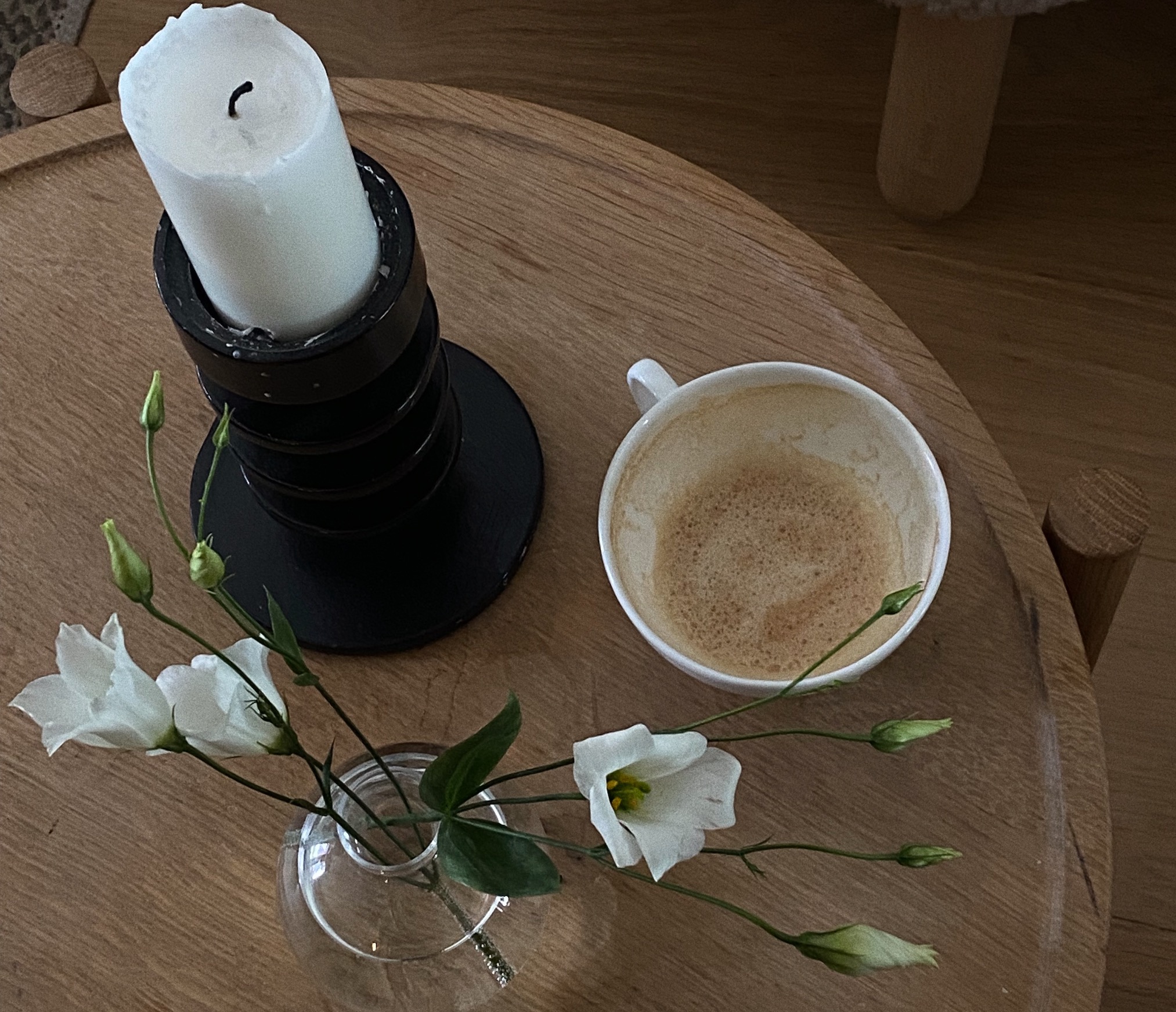When your spells don’t seem to be working, it can be incredibly frustrating. I totally get it! Understanding why things aren’t going as planned is the first step to improving your magickal practice. Let’s explore some common reasons your spells might not be working as you hoped.
Lack of Proper Knowledge and Preparation
Before diving into spellwork, it’s crucial to have a solid foundation of knowledge. It isn’t just about knowing the right words to say or the right materials to use. It’s about understanding the whole context of your spell.
For instance, timing can be everything. Certain spells are more potent when performed on specific days, during certain hours, or in particular moon phases. Learning the correspondences—like which herbs, colors, or crystals to use—can significantly enhance your spell’s effectiveness.
I remember when I first started out, I tried a money-drawing spell without any consideration for timing or materials. Spoiler: it didn’t work. After learning more about the best times and elements to use, my success rate improved dramatically. So, take the time to educate yourself and prepare properly before casting any spell.
Inadequate Mundane Efforts
Magick isn’t a substitute for effort in the mundane world, but instead a tool that enhances your actions. If you’re relying solely on a spell to achieve something without putting in the necessary effort, you’re setting yourself up for disappointment.
Let’s take a weight loss spell as an example. Casting a spell to help shed pounds won’t do much if you’re not also eating healthily and exercising regularly. Magick can give you a boost, but it can’t do all the work for you. Think of it as a supplement, not a replacement.
When I wanted to improve my job prospects, I cast a spell for career success. But I also updated my resume, applied to numerous jobs, and practiced my interview skills. The spell was like a little extra nudge that helped me stand out, but me doing the groundwork was essential.
Unclear Intentions
One of the most critical aspects of any spell is having a clear and specific intention. If your goal is vague, the results will be too. Whether you’re writing petitions or speaking incantations, clarity is key.
For example, instead of saying, “I want more money,” specify the amount you need and the timeframe. “I want to receive an extra $500 by the end of the month” is a much clearer intention. This specificity helps focus your energy and the spell’s power toward a concrete outcome.
I’ve found that keeping a journal where I write down my intentions before casting a spell helps a lot. It allows me to refine my thoughts and be as specific as possible, increasing the likelihood of success.
Not Recognizing the Spell’s Effects
Sometimes spells work in subtle ways that aren’t immediately obvious. Just because you don’t see dramatic results doesn’t mean nothing is happening. It’s important to stay open-minded and look for small changes or shifts that might indicate your spell is working.
Keeping a journal can help you track these changes. For example, after casting a spell for improved relationships, you might not suddenly become best friends with everyone, but you might notice people being a bit more friendly or willing to engage in conversation. These small shifts are signs that your spell is having an effect.
In my own practice, I’ve often found that the results of my spells come about in unexpected ways. A job spell might not lead directly to a new job offer, but it might open up networking opportunities that eventually lead to a new position. Keeping track of these can help you see the broader picture of how your magick is working.
Emotional or Energetic Blockages
Negative emotions or unresolved personal issues can interfere with your spellwork. If you’re feeling anxious, angry, or distracted, it can be challenging to channel your energy effectively. Taking time to address these feelings before casting a spell can make a big difference.
Meditation, energy healing, or even just a good talk with a friend can help clear these blockages. When you’re in a calm, positive state of mind, your spells are more likely to succeed.
For example, trying to cast a spell for self-love while going through a rough patch emotionally won’t work. Taking some time to focus on self-care and healing, then trying again, would yield much better results. Your emotional state plays a crucial role in your magickal practice.
Lack of Focus and Concentration
Focus and concentration are essential components of effective spellwork. When your mind is scattered, it becomes challenging to channel your energy effectively into the spell. Imagine trying to read a book while the TV is on and someone’s trying to talk to you. The same principle applies to spellcasting.
To improve your focus, try incorporating meditation into your daily routine. Even a few minutes of mindful breathing can help center your thoughts and prepare you for the spell. Additionally, setting up a quiet, dedicated space for your magickal practices can make a significant difference. When you enter this space, your mind will automatically start to focus on the task at hand.
Misalignment with Personal Beliefs
Your personal beliefs play a crucial role in the success of your spells. If you’re casting a spell that conflicts with your core values or beliefs, it can create internal resistance that hinders the spell’s effectiveness. It’s important to ensure that your magickal intentions align with your personal ethos.
For example, if you have ethical concerns about manipulating free will, avoid spells that could infringe on others’ autonomy. Instead, focus on spells that enhance your abilities or attract positive energy into your life. This alignment will ensure that you are fully committed to the spell’s intention, making it more likely to succeed.
I once tried a spell that involved influencing someone else’s decision, which doesn’t totally sit well with me ethically. The discomfort I felt during the process likely contributed to the spell’s failure. When I shifted my approach to focus on self-improvement spells, the results were much more positive and aligned with my values.
Environmental Factors
The environment in which you perform your spells can greatly impact their success. Distractions, noise, and an unsuitable setting can all interfere with your ability to concentrate and channel energy effectively. Creating a conducive space for your magickal practices is essential.
Choose a quiet, clean, and comfortable area where you won’t be disturbed. This could be a dedicated room, a corner of your home, or even an outdoor space where you feel connected to nature. Personalize this space with items that inspire you, such as candles, crystals, or altar decorations.
I used to cast spells wherever I felt like it, and distractions often interrupted my concentration. Once I set up a small altar in my bedroom, a place where I could close the door and focus, my spells became much more effective. Your environment sets the stage for your magick, so make it as supportive as possible.
Insufficient Time for the Spell to Manifest
Spells need time to manifest, and impatience can lead to premature conclusions about their effectiveness. Just like planting a seed, you can’t expect immediate results. It takes time for the energy you’ve put out into the universe to come back to you.
After casting a spell, give it time to work. Avoid constantly questioning or doubting the process, as this can disrupt the energy flow. Instead, trust in the work you’ve done and allow it to unfold naturally. Sometimes the results might take days, weeks, or even months to become apparent.
Rare Possibility of a Curse
While it’s extremely uncommon, there is a slight chance that your magick could be blocked by a curse. However, this is a rare occurrence and should not be your first assumption if a spell doesn’t work. If you suspect you’re cursed, there are signs to look for, such as consistent bad luck or a string of unfortunate events.
If you genuinely believe you’ve been cursed, it’s essential to seek help from an experienced practitioner who can diagnose and address the issue. Self-diagnosing and attempting to remove a curse on your own can be ineffective and potentially harmful.
In my years of practice, I’ve only encountered one situation where a curse was the issue. Remember, this is a rare scenario, and most spell failures are due to more common factors like those discussed above.
Understanding why your spells might not be working is the first step to improving your magickal practice. Remember, patience and persistence are key. Keep learning and refining your approach, and you’ll see better results over time.
















